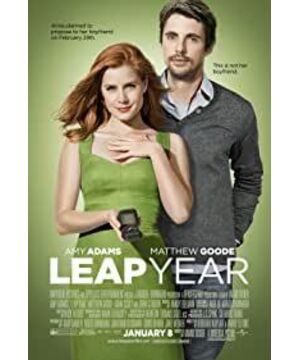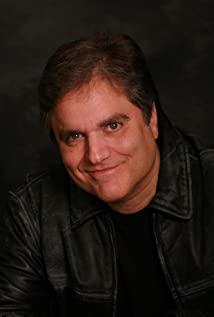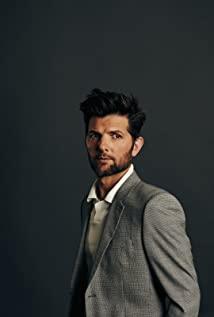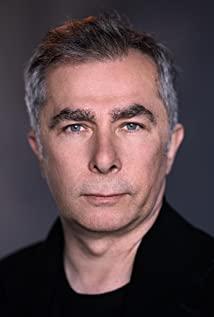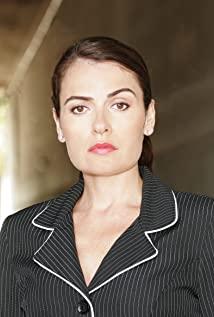At the beginning of the story, it was a bit cliché. The moment the heroine met the hero, I thought it revolved around them. Sure enough, the development of the story was also based on this kind of acquaintance, as well as the usefulness of happy enemies. conduct.
But I thought that they were pretending to be couples and sleeping in the same room. I thought that the heroine would soon become a green tea bitch, like the male protagonist. It was the hero who went to great lengths to send the heroine to Berlin, and the heroine's boyfriend actually proposed, and she actually agreed. At this time, I wondered if this movie ended with such a pre-marriage episode. At that time, I decisively paused and watched how long the movie was, and it was nearly half an hour before it was over. I understand, it turns out that the heroine's boyfriend's proposal was the real "episode".
Sure enough, the heroine finally went back to propose to the male lead, and the two finally got married.
For a pure love film, the actors are still quite eye-catching, and it makes people feel like they have been psychologically washed. The location shooting has also made great efforts, whether it is Irish folk customs, or ancient castles, and The cliff where the last sunset is about to fall is very beautiful, and it can be regarded as a masterpiece in pure love films.
It is worth mentioning that there are some unexpected highlights in the plot of this movie. For example, the ending could have ended with a philosophical separation like "500 Days of First Love", but the director did not. Originally, the heroine could choose when her boyfriend proposed to marry him. The male protagonist, but the director does not. Originally, when the female protagonist proposed to the male protagonist, he could readily agree and win the restaurant's full house, but the director did not have it either. Every detail shows the depth of the script and the novelty. This is the real film. the way to success.
View more about Leap Year reviews


